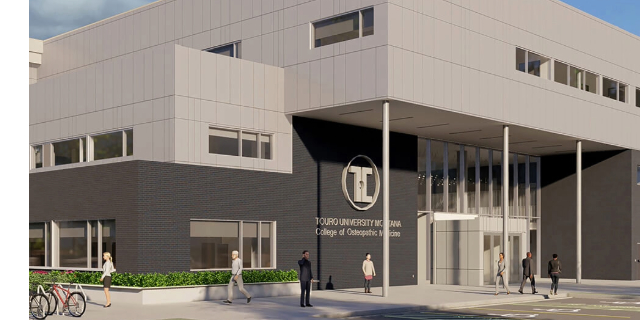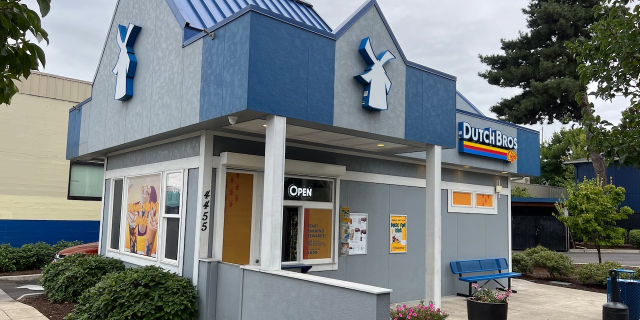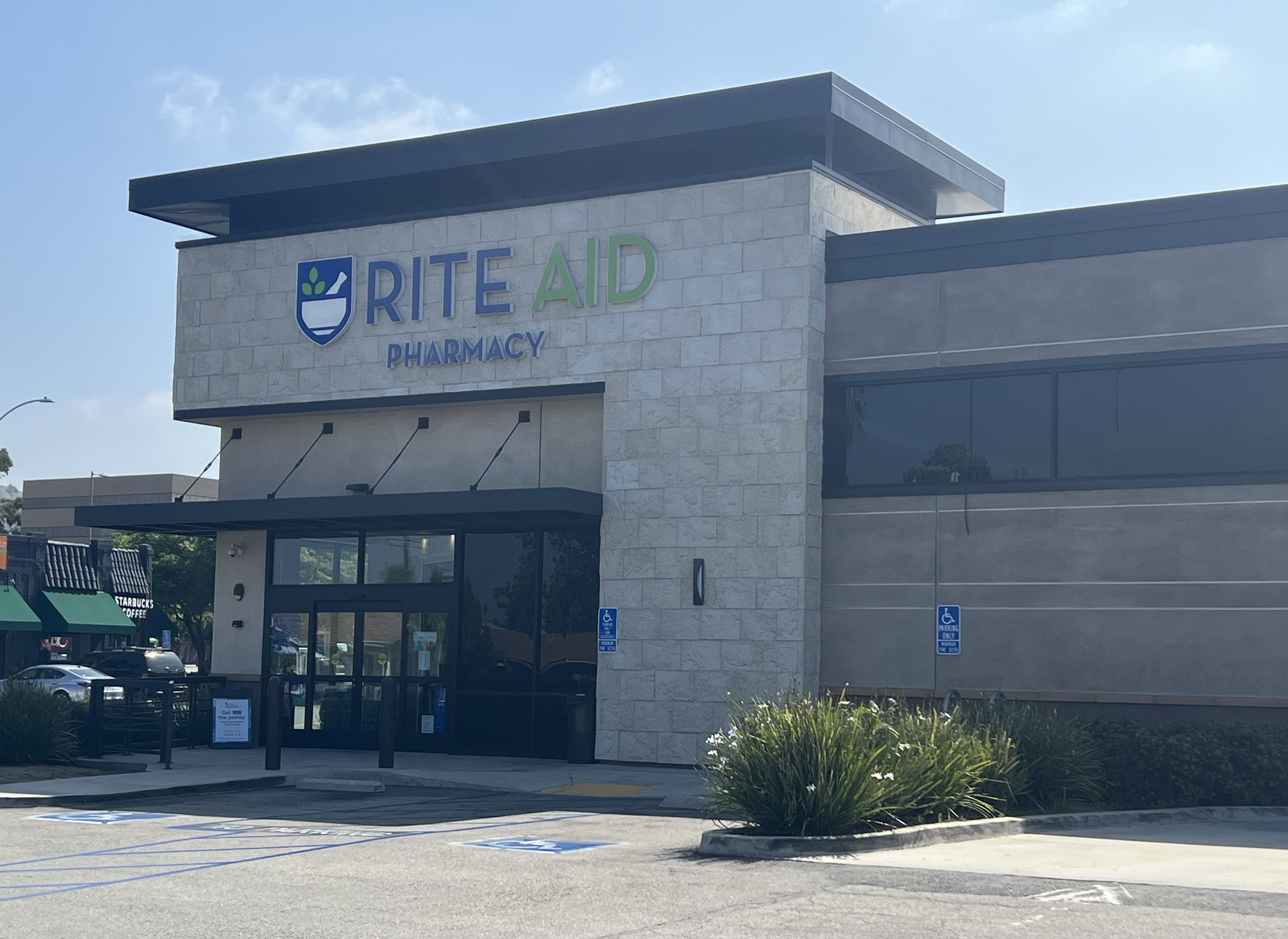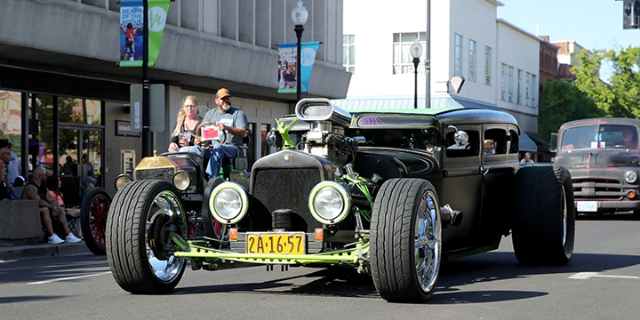Jury awards White City business $190 million in trade secrets trial
Published 3:45 pm Monday, September 30, 2024

- NIC Industries, based in White City, was awarded $190 million in damages from Rust-Oleum in a case focused on trade secrets and proprietary information behind automotive headlight and trim products it once made for Rust-Oleum under the Wipe New brand. It now sells the products under its own brand name Cerakote.
A unanimous jury ruled in favor of a White City business to the tune of $190 million in damages, determining that Illinois-based protective coatings manufacturer Rust-Oleum owes NIC Industries Inc. nine figures for claims that include misappropriated trade secrets in its wipe-on ceramic polymer products used for restoring automotive headlights and unpainted plastic trim.
Jurors spent last week in U.S. District Court in Medford for a trial that largely surrounded the trade secrets involving specific polymers now used in NIC Industries’ Cerakote brand headlight restoration and trim restoration products, but more than a decade ago used in products under the brand name Wipe New.
NIC Industries in the early 2010s had a sales contract with a company known as Wipe New, LLC, which Rust-Oleum Corporation took on in 2015. Rust-Oleum and NIC Industries ended their contract in late 2017, and by 2018 NIC Industries sent a cease and desist order claiming the company reverse-engineered its products.
Rust-Oleum, headquartered in Vernon Hills, Illinois, continues to sell similar products using the Wipe New brand, although the company said in filings that it does not use the same formula. The company is a subsidiary of coatings, sealants and building materials conglomerate RPM International Inc.
An email to Rust-Oleum Monday seeking comment was not immediately returned.
Cerakote and Wipe New products are distributed nationally at major auto parts, hardware and discount stores such as Walmart, Lowe’s, AutoZone and others.
NIC Industries made claims in the case that it delayed entering the wipe-on products market under its own Cerakote brand until 2019 based on misrepresentations Rust-Oleum made after the sales contract ended.
The jury Friday sided in favor of NIC Industries on claims of breach of contract, misappropriation of trade secrets and fraud.
When asked, “Did Rust-Oleum breach the parties’ exclusive sales agreement or settlement agreement” in one or more ways alleged by NIC Industries, jurors said yes and determined an award of damages to “fairly and adequately compensate NIC for the breach” of $40 million.
The jury determined that Rust-Oleum misappropriated NIC Industries’ trade secrets and that damages to “fairly and adequately compensate NIC for the misappropriation” were $20 million.
The jury added $40 million in punitive damages for the trade secrets misappropriation, according to the verdict form.
Jurors answered yes to the question, “Did Rust-Oleum commit fraud as alleged by NIC?” They valued “damages for Rust-Oleum’s fraud” at $30 million.
When asked whether Rust-Oleum acted “with reckless and outrageous indifference to a highly unreasonable risk of harm to NIC, or with malice,” the jury said yes and valued “punitive damages owed by Rust-Oleum for the fraud” at $60 million.
Combined, actual damages awarded by the jury add up to $90 million and punitive damages add up to $100 million, bringing the total damages awarded by the jury to $190 million.
David Meador, NIC Industries’ director of strategic engagement, spoke on behalf of the company in a release Monday: “We believe that this verdict represents a showing of small business perseverance, and will remain not only a landmark victory for NIC but for other similarly aggrieved small businesses in Oregon. NIC hopes that this verdict can serve as a guide for future business ethics with respect to trade secrets.”
A court order signed by U.S. Magistrate Judge Mark D. Clarke, who presided over the seven-day jury trial, indicates that the verdict may not be the final word. He ordered lawyers representing NIC Industries and Rust-Oleum after trial to retain custody of their exhibits “until such time as all need for the exhibits has terminated.”






